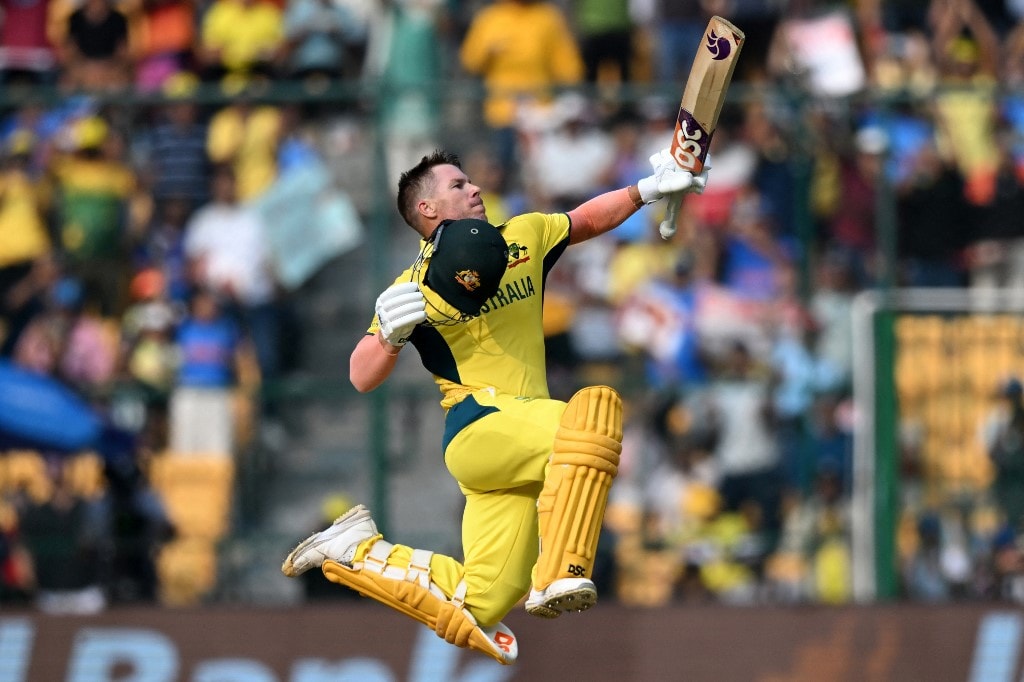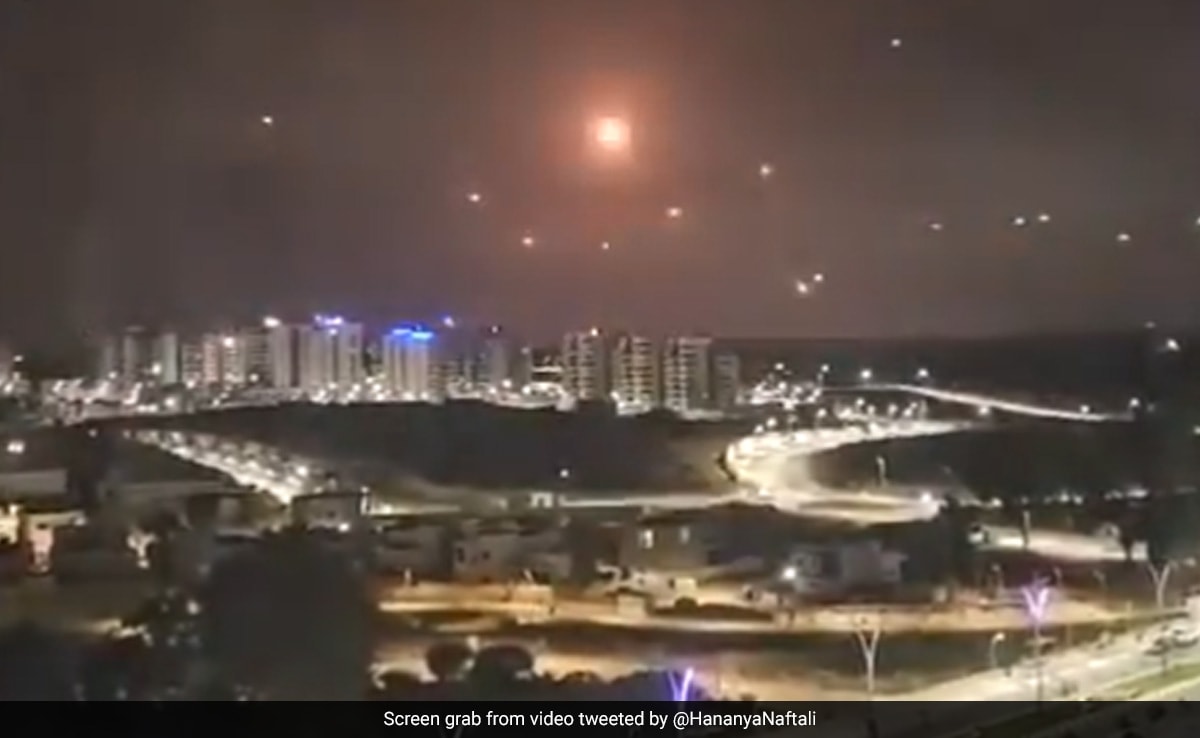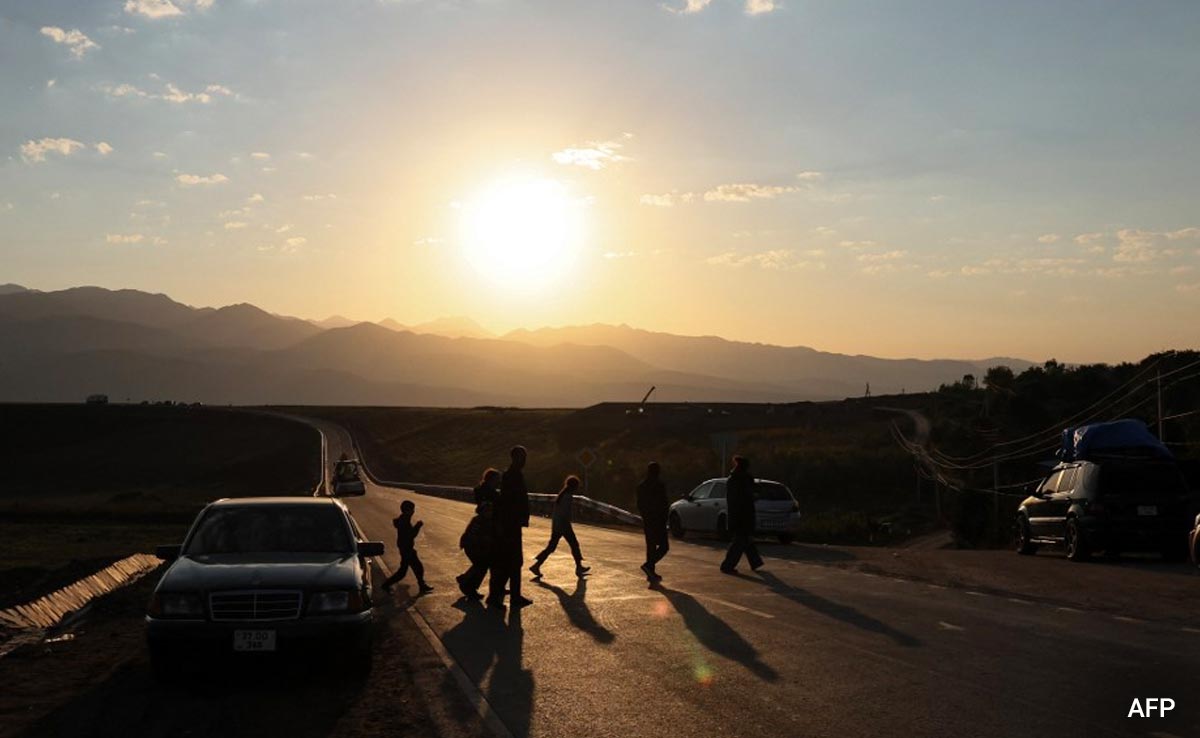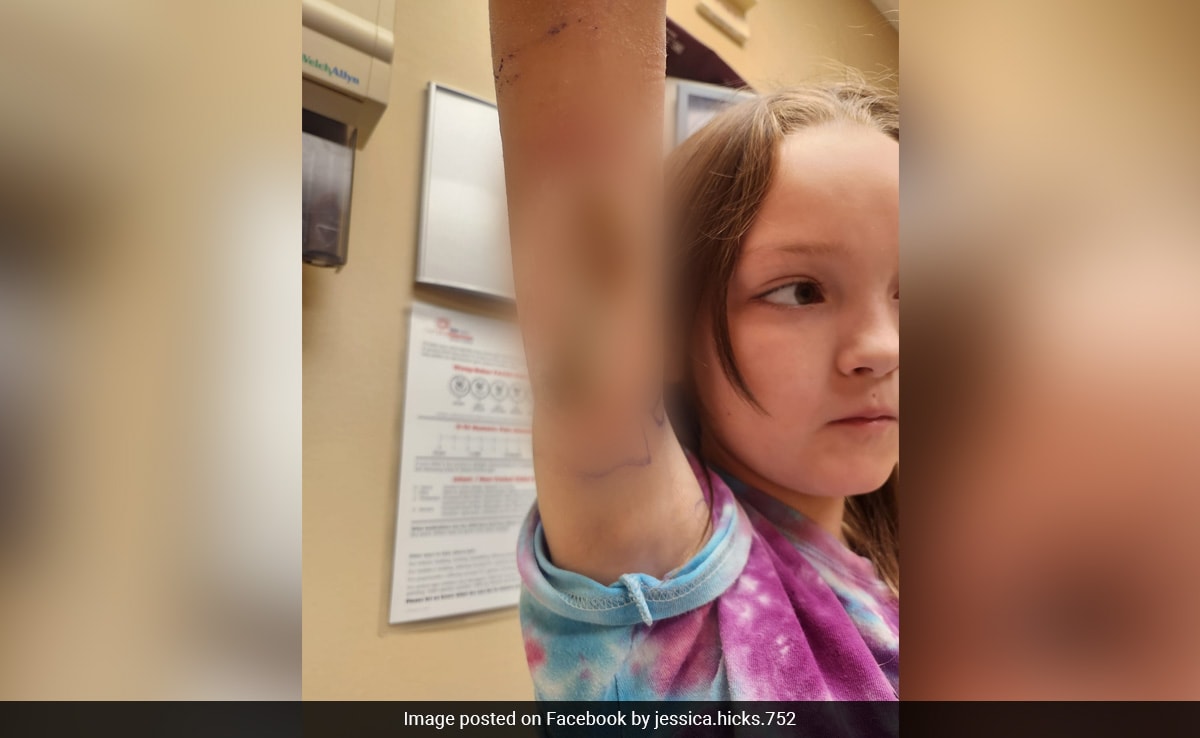Children light candles during a march against Israel and in solidarity with Palestinians in the southern Gaza city of Rafah, on the Mediterranean Sea corniche in Beirut, Lebanon, Monday, May 27, 2024. Israeli Prime Minister Benjamin Netanyahu acknowledged Monday that a “tragic mistake” had been made after an Israeli strike in the southern Gaza city of Rafah set fire to a tent camp housing displaced Palestinians and killed at least 45 people, according to local officials.
| Photo Credit: AP
Israeli Prime Minister Benjamin Netanyahu acknowledged Monday that a “tragic mistake” had been made after an Israeli strike in the southern Gaza city of Rafah set fire to a tent camp housing displaced Palestinians and killed at least 45 people, according to local officials.
Israel has faced surging international criticism over its war with Hamas, with even some of its closest allies, particularly the United States, expressing outrage at civilian deaths.
Israel insists it adheres to international law even as it faces scrutiny in the world’s top courts, one of which last week demanded that it halt the offensive in Rafah.

Israel’s military had earlier said that it launched an investigation into civilian deaths after it struck a Hamas installation and killed two senior militants.
Sunday night’s attack, which appeared to be one of the war’s deadliest, helped push the overall Palestinian death toll in the war above 36,000, according to the Gaza Health Ministry, which does not distinguish between fighters and noncombatants in its tally.
“Despite our utmost efforts not to harm innocent civilians, last night, there was a tragic mistake,” Mr. Netanyahu said Monday in an address to Israel’s parliament.
“We are investigating the incident and will obtain a conclusion because this is our policy,” he said.
Mohammed Abuassa, who rushed to the scene in the northwestern neighbourhood of Tel al-Sultan, said rescuers “pulled out people who were in an unbearable state.” “We pulled out children who were in pieces. We pulled out young and elderly people. The fire in the camp was unreal,” he said.
At least 45 people were killed, according to the Gaza Health Ministry and the Palestinian Red Crescent rescue service. The ministry said the dead included at least 12 women, eight children and three older adults, with another three bodies burned beyond recognition.

In a separate development, Egypt’s military said one of its soldiers was shot dead during an exchange of fire in the Rafah area, without providing further details.
Israel said it was in contact with Egyptian authorities, and both sides said they were investigating.
Rafah, the southernmost Gaza city on the border with Egypt, had housed more than a million people — about half of Gaza’s population — displaced from other parts of the territory.
Most have fled once again since Israel launched what it called a limited incursion there earlier this month. Hundreds of thousands are packed into squalid tent camps in and around the city.
Mr. Netanyahu says Israel must destroy what he calls Hamas’ last remaining battalions in Rafah. The militant group launched a barrage of rockets Sunday from the city toward heavily populated central Israel, setting off air raid sirens but causing no injuries.
The strike on Rafah brought a new wave of condemnation, even from some of Israel’s close allies.
“These operations must stop. There are no safe areas in Rafah for Palestinian civilians. I call for full respect for international law and an immediate ceasefire,” French President Emmanuel Macron posted on X. Italian Defence Minister Guido Crosetto, in a TV interview, said such bombings are “spreading hatred, rooting hatred that will involve their children and grandchildren.” Qatar, a key mediator between Israel and Hamas in attempts to secure a cease-fire and the release of hostages held by Hamas, said the Rafah strike could “complicate” talks.
Negotiations, which appear to be restarting, have faltered repeatedly over Hamas’ demand for a lasting truce and the withdrawal of Israeli forces, terms Israeli leaders have publicly rejected.

Neighbouring Egypt and Jordan, which made peace with Israel decades ago, also condemned the Rafah strike. Egypt’s Foreign Ministry called it a “new and blatant violation of the rules of humanitarian international law.” Jordan’s Foreign Ministry called it a “war crime.” The Israeli military’s top legal official said authorities were examining the strikes and that the military regrets the loss of civilian life. Military Advocate General Maj. Gen. Yifat Tomer-Yerushalmi said such incidents occur “in a war of such scope and intensity.”
Speaking to an Israeli lawyers’ conference, Tomer-Yerushalmi said Israel has launched 70 criminal investigations into incidents that aroused suspicions of international law violations, including the deaths of civilians, the conditions at a detention facility holding suspected Palestinian militants and the deaths of some inmates in Israeli custody. She said incidents of “violence, property crimes and looting” were also being examined.
Israel has long maintained it has an independent judiciary capable of investigating and prosecuting abuses. But rights groups say Israeli authorities routinely fail to fully investigate violence against Palestinians and that even when soldiers are held accountable, the punishment is usually light.
Israel has denied allegations of genocide brought against it by South Africa at the International Court of Justice. Last week, the court ordered Israel to halt its offensive in Rafah, a ruling that it has no power to enforce.
Separately, the chief prosecutor at the International Criminal Court is seeking arrest warrants against Mr. Netanyahu and Israeli Defence Minister Yoav Gallant, as well as three Hamas leaders, over alleged crimes linked to the war.
Israel says it does its best to adhere to the laws of war and says it faces an enemy that makes no such commitment, embeds itself in civilian areas and refuses to release Israeli hostages unconditionally.
Hamas triggered the war with its October 7 attack into Israel, in which Palestinian militants killed some 1,200 people, mostly civilians, and seized some 250 hostages. Hamas still holds about 100 hostages and the remains of around 30 others after most of the rest were released during a cease-fire last year.
Around 80% of Gaza’s 2.3 million people have fled their homes, severe hunger is widespread and UN officials say parts of the territory are experiencing famine.












